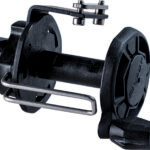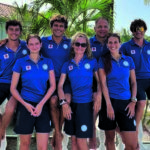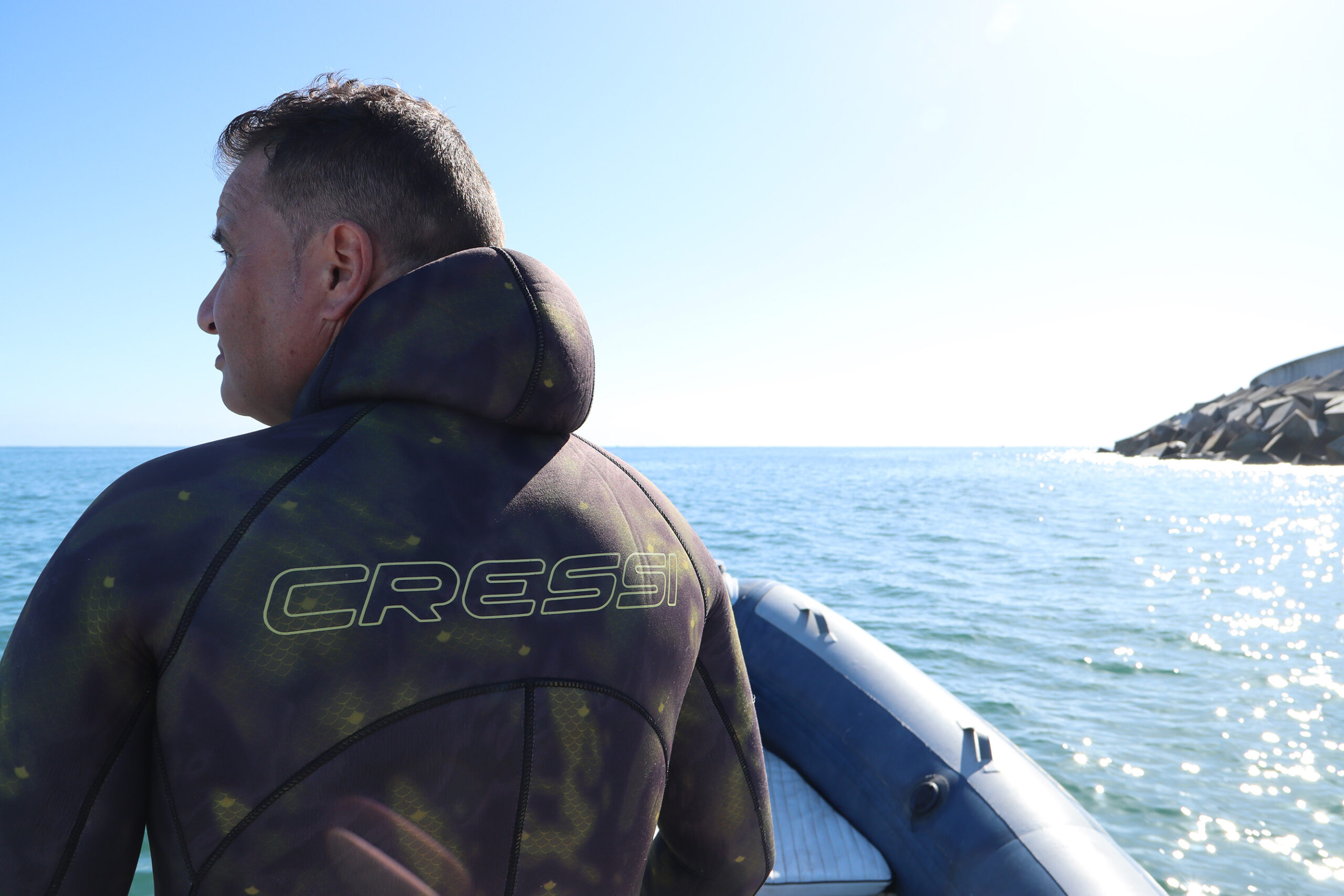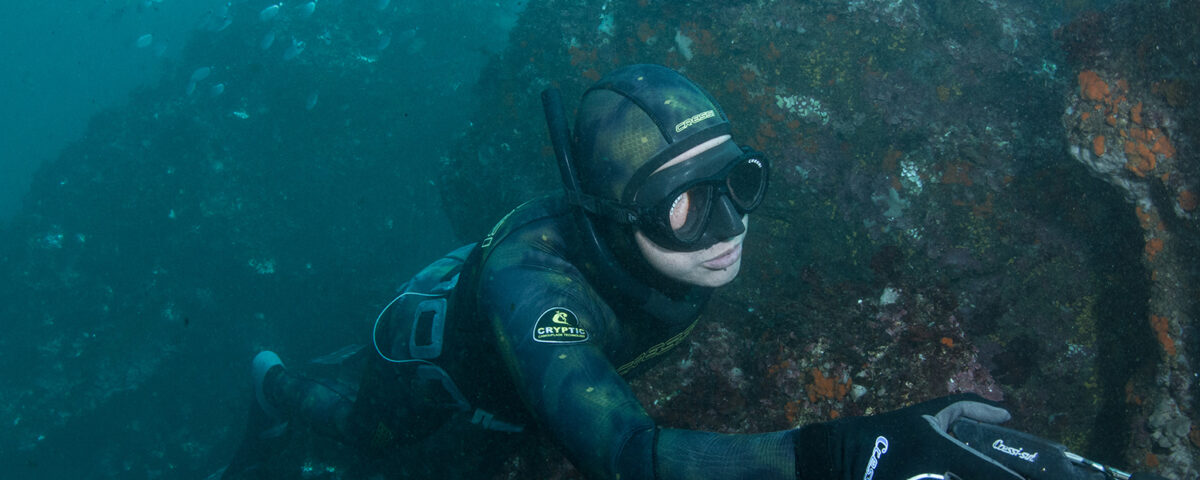Santiago López Cid: How I Became the World Champion

Savimar: The Micro Predathor
29 October 2023
Italian stories world
22 November 2023The accomplished Spanish athlete shared with us the story of his victory in the challenging waters of Laredo. Explores the key distinctions between fishing in the Atlantic and the Mediterranean
Gherardo Zei
Following a fourth-place finish on the first day of the World Championship in Laredo, Santiago López Cid seized control during the second round, ultimately claiming the title over our two representatives, Puretti and De Mola.
The championship was marked by significantly different sea conditions on the two competition days. The first day focused on trolling for mullet, while the second day featured calm seas where signaling techniques proved successful. The newly crowned world champion demonstrated remarkable consistency in these varying conditions, earning a well-deserved victory.
Santiago López Cid achieved this remarkable feat despite experiencing a steering failure on the boat during the first day shortly after the start, which disrupted the planned movements.
Today, we extend our gratitude to him for his willingness to address our readers' inquiries and share his experiences.
When asked about the main differences between a World Championship in Laredo and competitions held in the Mediterranean, Santiago López Cid replied, "The most significant distinction between the Bay of Biscay and the Mediterranean lies in the tidal water movement in the ocean, which causes fish to shift their feeding patterns, making them less predictable in a specific area. Understanding this and adapting to the conditions where the fish will concentrate is the primary challenge in preparing for such a competition."
In response to a question about his strategy for the two competition days, he stated, "Until the final three days before the championship, we refrained from finalizing our strategy, pending weather reports. In the end, realizing that the sea would be too calm for our liking, we opted for a mixed technique, combining signaling and trolling, with the goal of minimizing our time on the boat."
Regarding any surprises encountered on the first day and adjustments to the fishing plan for the final leg, Santiago López Cid explained, "On the first day, due to the steering issues, we had to deviate from our planned moves as they would have taken too much time. Nevertheless, we achieved a respectable result. In the second leg, we managed to resolve the problem and set off with more confidence, fully aware that we would attain a positive outcome, despite the reduced fish population in that area."
He briefly recounted the story of his decisive second day, saying, "As mentioned earlier, we recognized it was an area with smaller fish, considering the minimum weight requirements dictated by the regulations. We believed this would work to our advantage as we had discovered several corvine stones and a pintos zone, which I believe played a crucial role in securing my championship victory."
When asked if he was aware of Cruz's struggles and the Italians' comeback on the second day, Santiago López Cid admitted, "Honestly, I don't like to follow or concern myself with what others are doing during the competition. I prefer to focus on my own performance and strive for the best possible result. The final outcome is determined by the scales."
In closing, he expressed his gratitude, saying, "I would like to thank everyone who contributed to my success, including my sponsors (Cressi, Adarsa, and On nautic), as their support is essential for participating in these competitions. I dedicate this title to my family, especially to César and Juani, my assistants, with special recognition to Juani, as he endured the loss of his mother during our championship preparations."



